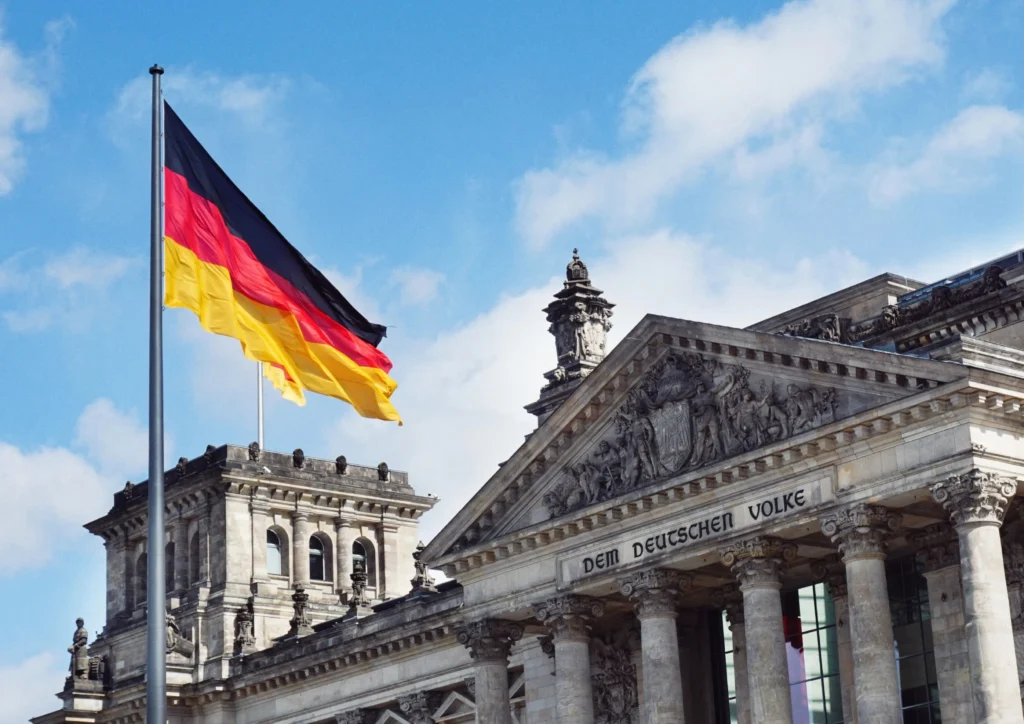February Snap Elections in Germany: Key Details and Implications

Why Germany is Entering Snap Elections
Germany, in the last several months, had turned out to be extremely politically unstable. Coalitions within the government were conflicting with surmounting tensions of other top ruling parties, and also diluting the chances of consensus on key issues by the government. This, of course, had frustrated the citizens and mounted the pressure on the leaders to come with a decision that has led to the snap elections decision.
Critical Events That Led to the Decision
Major incidents in the recent past, such as public demonstrations and controversy within the ruling coalition, paved the way for these elections. Popular pressure after dissatisfaction with decisions made by the government, mainly concerning economies and international relations, urged leaders to seek a new mandate. The snap election gives the public a chance to express their stance on current leadership and possibly change the course of governance in Germany.
Do Read:
Salesforce to Hire 1,000 Salespeople for Promoting AI-Powered Sales Solutions
What the February Elections Mean for Germany’s Future
German Domestic Implication
Snap elections bring both a threat and an opportunity for German citizens. Domestically, we expect this election will focus on economic stability, health care, and education to be seen amongst top lines. If a serious change in governance is to take place, new reforms should target all those issues head-on. A new government should reassess the system of housing, taxation, and welfare in Germany according to the desires of voters as expressed by this snap election.
Possible Shifts in Foreign Relations
Germany’s foreign policy, especially the country’s relations with other members in the European Union and with international great powers, may also be at a crossroads. The new EU policies, international security issues, and economic relations may change according to which party emerges with the majority in February. This could see the election either strengthen the current alliances of Germany or forge new ones that might affect the way the world operates internationally.
Important Political Parties in the Election
Leading Contenders
As we get closer to February, the big political parties in Germany commence their campaigns with full vigor. This election is likely to be dominated by CDU, SPD, Greens, and FDP. Each one of these parties will bring a differing perspective to the issues at hand-be it some measure of economic reform or environmental policy.
Expected Challenges for Each Party
Each party faces unique challenges in this election. Public trust will again become a big issue for the CDU, and they are going to talk of unity. The SPD has to convince the public that they can do better with Germany’s concerns. The Greens will try to present their environmental agenda with economic questions; the FDP will have liberal economic policies appealing to the masses. Each party must address these concerns while responding to the demands of the people for greater openness and accountability.
Critical Issues That Might Dominate Voter Sentiment
The economy of Germany, which is one of Europe’s largest, faces immense pressure. Electors are likely to be influenced by concerns over inflation, unemployment, and economic growth. Issues regarding economic reform and the creation of jobs have, therefore, been critical determinants for the various parties and, accordingly, for the people-who are affected by them on a day-to-day basis.
This past few years, immigration has become a burning problem in Germany and is going to be one of the most popular issues during this snap election as well. Besides that, some social policies in terms of education, health, and housing are going to capture the attention of the voters.
In the past, integration issues, resource allocation, and their resolutions have been regarded as some major issues by the people while voting for the proper solutions.
Snap Election in Germany-An Overview
Elections for Germany are not much different from general elections, with the only exceptions being that they have to do with time and preparation. The process of voting generally begins after the dissolution of the current government in operation, and the voting is done during a short election campaign. In February, Germans will vote to elect new leaders who aim at bringing stability to the government.
Diverse developments may emerge after the election, for example, a single-party majority or complex coalition agreements. Where no party has managed to gain the majority, then coalition negotiations will be entered into that delay the formation of any government. All these developments will have ripple effects around the economy, policy-making, and Germany’s place in the global scene with immediate and long-term effects.



